Auckland, located on New Zealand’s North Island, is the country’s largest city and a significant center of culture, commerce, and history. Its history is rich and diverse, with a Maori heritage dating back over 700 years before the arrival of Europeans.
Here’s a brief overview of Auckland’s history:
- Maori Settlement: The Maori people, New Zealand’s indigenous Polynesian inhabitants, settled in the Auckland region around 1350. They named the area “Tamaki Makaurau,” which means “Tamaki with a hundred lovers,” suggesting the fertile and resource-rich nature of the land.
- European Arrival: European explorers and settlers began arriving in the early 19th century. Captain George Eden, the Earl of Auckland, lent his name to the city in 1840 when it was established as a British colonial settlement.
- Treaty of Waitangi: In 1840, the Treaty of Waitangi was signed, establishing New Zealand as a British colony. The treaty was meant to provide protection and rights to the Maori people, but it was often not honored in practice, leading to conflicts and land disputes.
- Growth and Development: Auckland grew rapidly in the 19th century due to its favorable location and port. It became the capital of New Zealand in 1841 but lost its status to Wellington in 1865. However, it continued to thrive as a major center for trade, industry, and culture.
- World Wars: Auckland played a significant role during both World War I and World War II, serving as a strategic military base and contributing to the war effort.
- Maori Culture: Auckland is a hub for Maori culture, with numerous Maori heritage sites, cultural events, and art galleries dedicated to preserving and celebrating the indigenous heritage of New Zealand.
- Modern Auckland: Auckland has continued to grow and develop, becoming a global city with a diverse population. It’s known for its stunning natural beauty, including harbors, beaches, and volcanic cones. The city is also a center of education, innovation, and the arts.
- Contemporary Challenges: Auckland faces modern challenges, such as urbanization, traffic congestion, and housing affordability. The city is constantly evolving to meet the needs of its growing population while preserving its natural environment and cultural heritage.
Auckland’s history is a reflection of New Zealand’s broader history, marked by the interactions between indigenous Maori culture and European colonization. The city’s development, both in the past and today, showcases a blend of cultures and a commitment to preserving its unique heritage.

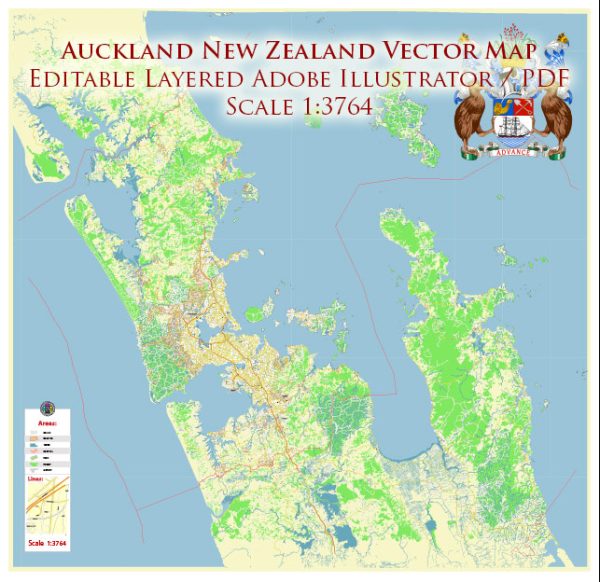
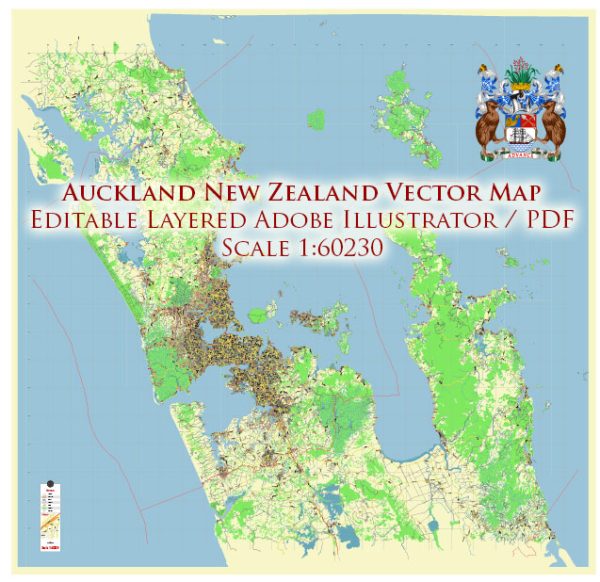
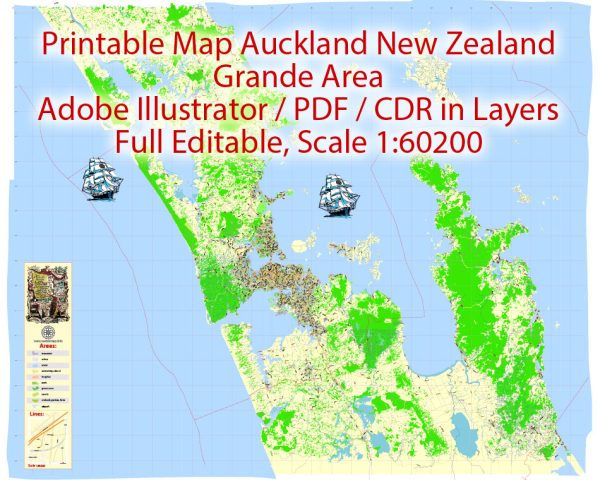
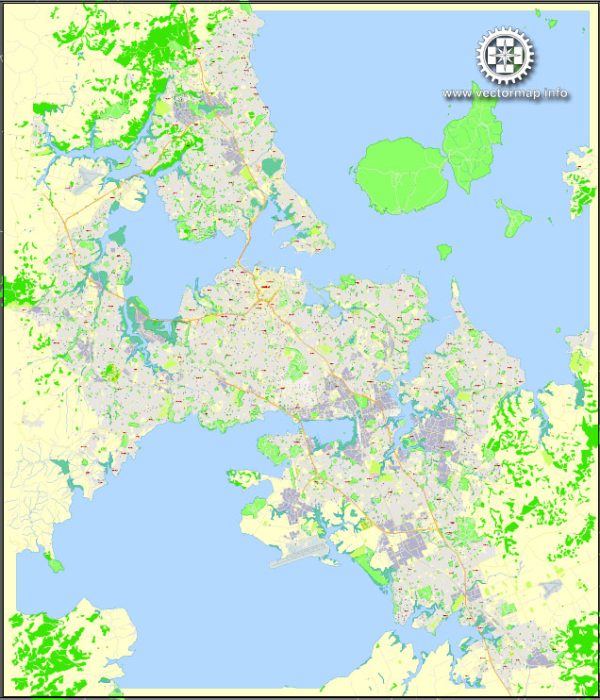
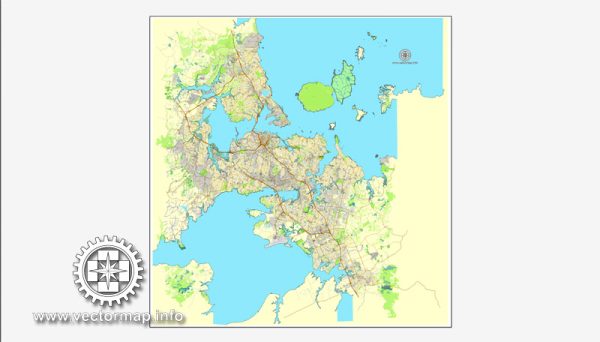
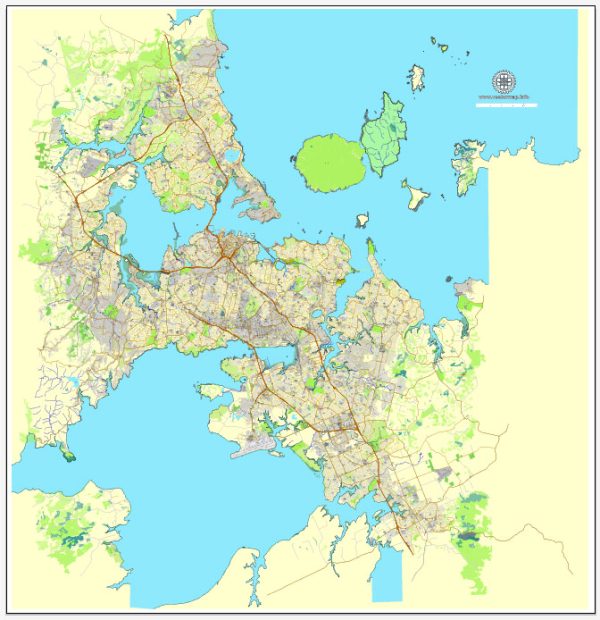
 Author: Kirill Shrayber, Ph.D. FRGS
Author: Kirill Shrayber, Ph.D. FRGS